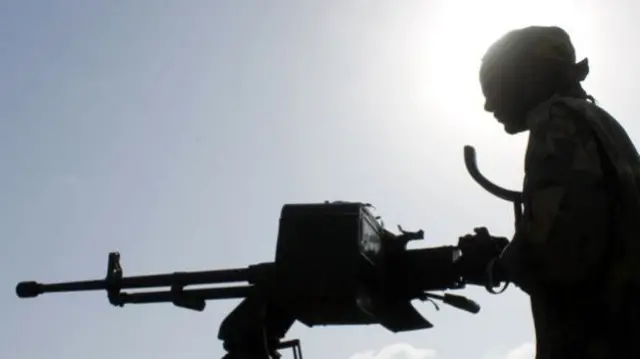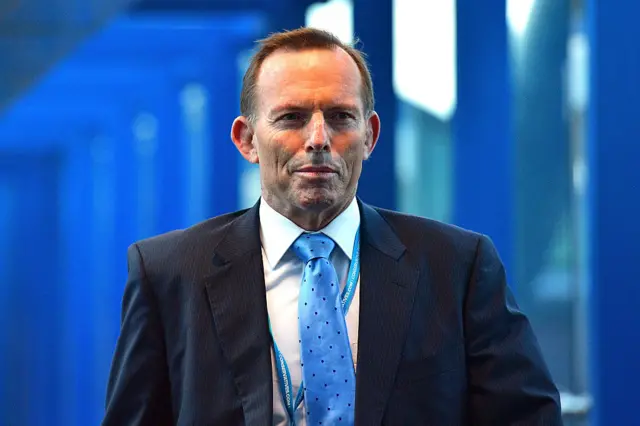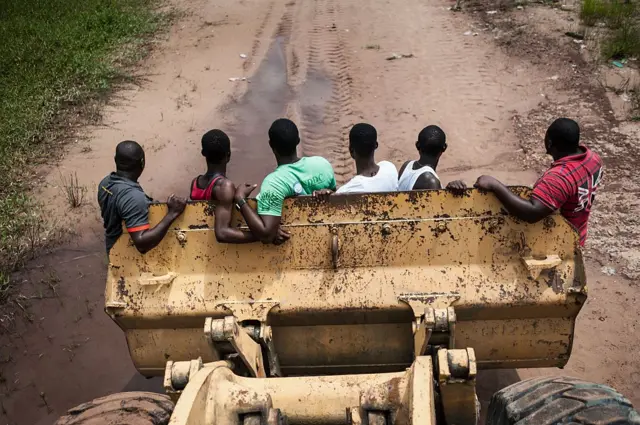Zuma's son defends fatherpublished at 11:02 GMT 19 March 2018
The son of South Africa's former President Jacob Zuma has slammed the prosecutors and the judiciary for facilitating what he calls a "witch hunt" against his father, TimesLive reports.
Allow X content?
This article contains content provided by X. We ask for your permission before anything is loaded, as they may be using cookies and other technologies. You may want to read X’s cookie policy, external and privacy policy, external before accepting. To view this content choose ‘accept and continue’.
Edward Zuma said the reinstatement of corruption charges last week against his father were part of a battle to tarnish his father's name.
The former president is facing 16 charges of corruption relating to a multibillion-dollar arms deal.
The case centres on a 30bn rand ($2.5bn; £1.7bn) deal to modernise the country's defence in the late 1990s.
The charges - which Mr Zuma denies - include counts of fraud, racketeering and money laundering.
His son said in a statement that the National Prosecuting Authority (NPA) was being used to "clamp down on those who speak the truth to white monopoly capital”.
He said the courts were being used to malign his father and that the campaign "isn’t going to stop any time soon”.
Mr Zuma said that he will not stop defending his father.



